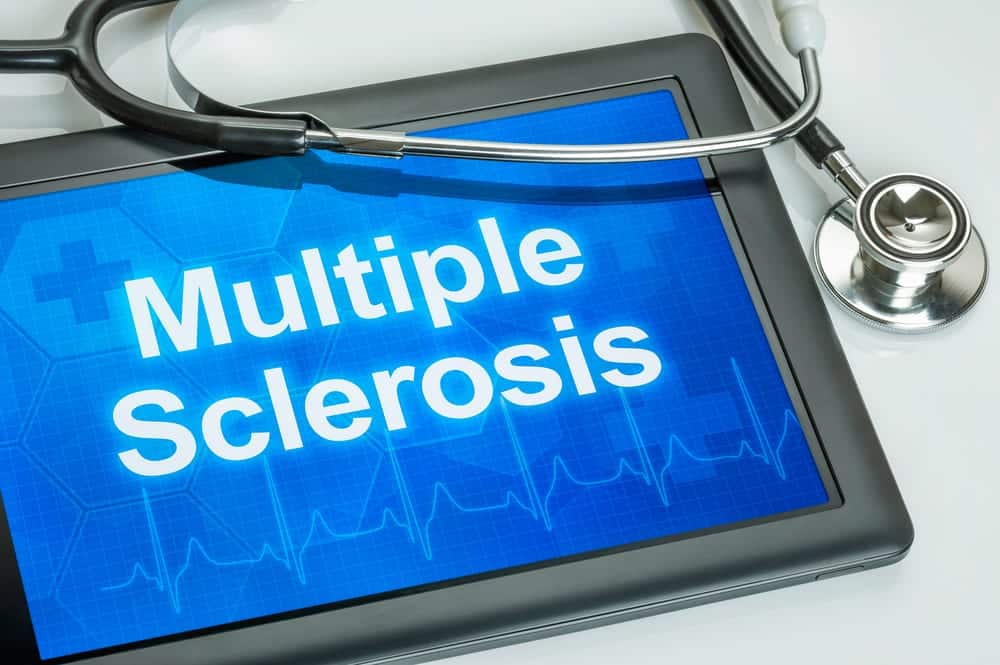Relapsing-remitting multiple sclerosis (RRMS) is typically diagnosed through brain imaging scans after a pattern of symptoms consistent with the disease are identified.
In some cases, additional imaging, spinal fluid analysis and evoked potentials may have to be used to confirm the diagnosis.
Unfortunately, there is no current cure for multiple sclerosis, however, doctors are able to work with individuals to the slow progression, recover from attacks or manage their MS symptoms. In some cases, individual symptoms are so mild no treatments are necessary.
Treatment options for Relapsing-Remitting Multiple Sclerosis RRMS
There are a number of treatment options for RRMS.
When treated at the early stages of the disease, the relapse rate can be lowered, slowing the formation of new lesions, while potentially reducing risks around disability accumulation and brain atrophy.
Treating MS/RRMS can present significant health challenges, so it’s incredibly important to consult experienced medical professionals and do your homework on the treatments options available to you.
The most common RRMS treatment options include oral and injectables.
Oral Treatment options for Relapsing-Remitting Multiple Sclerosis RRMS
- Vumerity (Diroximel Fumarate): Typically causes fewer side effects than dimethyl fumarate, taken twice daily, approved for RRMS.
- Tecfidera (Dimethyl Fumarate): Taken twice daily, requires blood monitoring with side effects.
- Gilenya (Fingolimod): Taken once a day, first dose requires monitoring.
- Aubagio (Teriflunomide): Taken once daily, requires blood testing and not recommended for couples seeking children.
- Mayzent (Siponimod): Taken once a day, requires blood testing and not recommended for couples seeking children.
- Mavenclad (Cladribine): Given over a two (2) week period with two (2) treatments over two (2) years, may require blood testing and not recommended for couples seeking children or patients with cancer.
Injectible Treatment options for Relapsing-Remitting Multiple Sclerosis RRMS
- Copaxone, Glatopa (Glatiramer Acetate): May help block immune systems attack on myelin, must be injected under skin, can cause skin irritation.
- Interferon Beta Drugs: Commonly prescribed, injected into muscle or skin to reduce severity and frequency of relapses. Blood tests are required to monitor for side effects.
Infusion Treatment options for Relapsing-Remitting Multiple Sclerosis RRMS
- Campath, Lemtrada (Alemtuzumab): Five (5) days in a row of infusions, with three (3) days of infusions a year later. Requires a special drug monitoring program.
- Ocrevus (Ocrelizumab): Given by intravenous infusion, can not be taken with some medical conditions.
- Tysabri (Natalizumab): Often used in severe cases, carries risk of PML.
Other Treatment options for Relapsing-Remitting Multiple Sclerosis RRMS
There are additional treatment options for RRMS, including:
- Physical Therapy
- Medications to Reduce Fatigue, Increase Walking Speed, Depression, Pain, Bladder, ED and Insomnia
- Muscle Relaxants
- Rest!
- Stress Management
- Exercise
- Balanced Diet
- Staying Cool
These treatment options are often used for mild cases of RRMS and only require lifestyle changes.
Overall, treatment for relapsing-remitting MS range from simple home remedies, to complicated infusions that require medical monitoring by a certified health professional.
It is imperative that you review all RRMS treatment options with experienced, certified medical professionals so that you understand how they will help your symptoms and what side effects they may cause.








